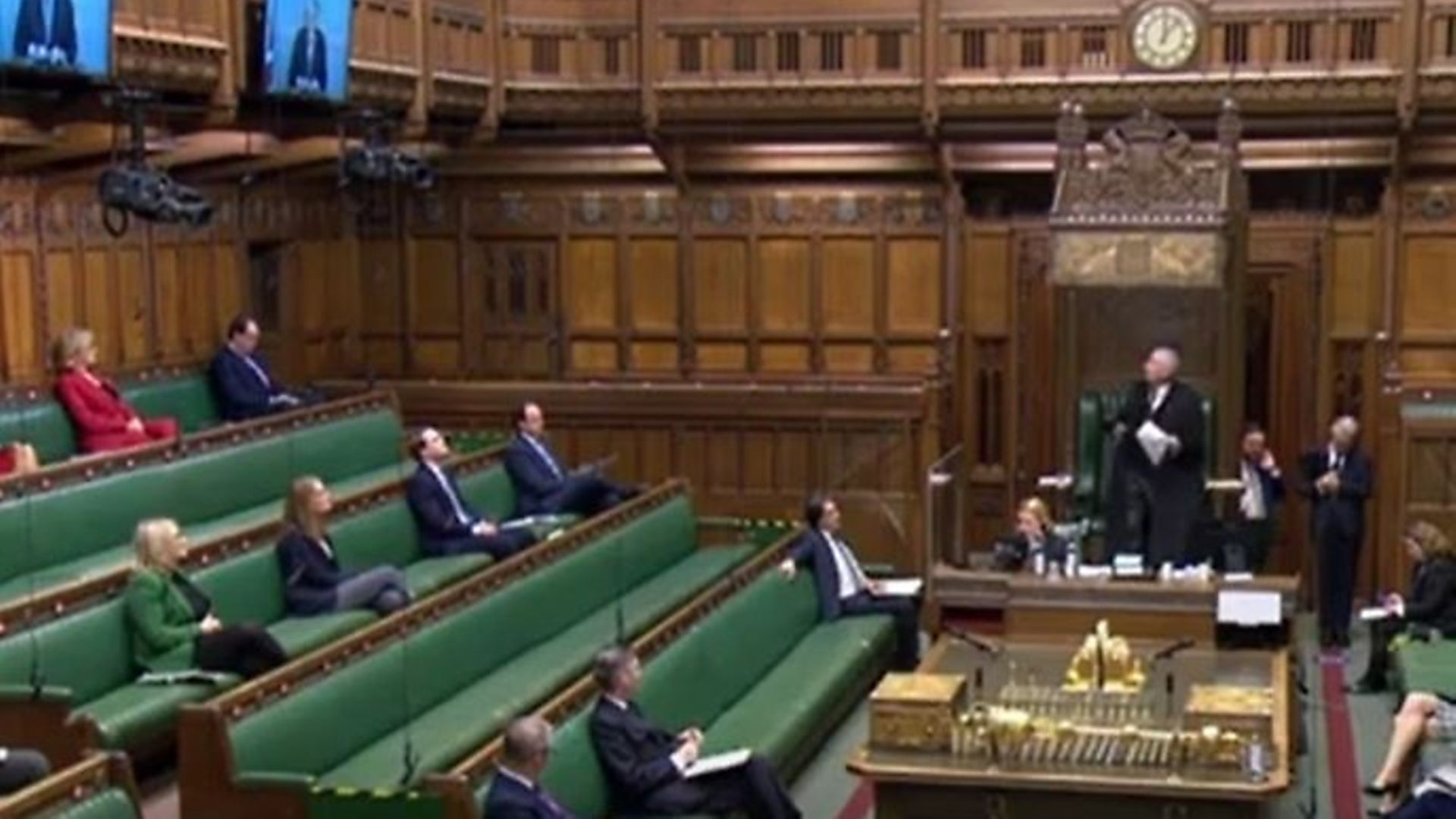
It suits various politicians to stay quiet on Brexit. But that must end now.
On January 1st, Brexit goes from an idea to reality.
The repercussions will come in waves. First comes the chaos at the border, which will take place regardless of whether there’s a deal or not. Our frictionless trading network with the continent will be replaced by border bureaucracy: entry and exit declarations, safety and security documentation and regulatory inspections for agricultural products.
Then comes the medium term impact. Some smaller companies will stop bothering to trade with Europe, deciding that the costs outweigh the benefits. Many European hauliers will decide to avoid the UK altogether. And then the long-term impact.
Large firms will internally restructure to facilitate just-in-time manufacturing or to continue selling services to the continent. In many cases, the high-knowledge value-added activity will migrate to Europe.
This is a bleak prospectus. We are doing damage to ourselves without any viable plan to compensate for it. And yet you’d be forgiven for not knowing it was even happening, because none of the main parties are willing to talk about it.
Last week’s spending review presented us with the insane spectacle of a chancellor of the exchequer announcing economic forecasts to the Commons without even mentioning the fact that Britain was about up-end its trading regime.
The usefulness of Brexit to the Conservative party is dissipating. It’s morphed from an electoral asset to a fiendish technical problem – the exact point at which Brexiters always seem to lose interest in it. But that will not make it go away. It is a beast unleashed from a cage: it will prowl and pounce regardless of whether you want to acknowledge its presence.
The same applies, oddly enough, to the Liberal Democrats. The party’s new leader, Ed Davey, insists that he’s “not going to be diverted and distracted like we were on Brexit”. So he doesn’t mention it either.
Labour leader Keir Starmer is following a broadly similar agenda. For Labour to win in 2025, it must unite a broad electoral coalition – voters in the towns who mostly voted Leave with voters in the cities who mostly voted Remain. Starmer’s best chance of healing this fracture is to try to move beyond it.
So we are left in the extraordinary position that the only major party willing to address Brexit is the SNP. This is not because it is any more principled – it’s simply because it remains in its electoral interest to emphasise it. Britain is about to undertake the most substantial change to its economic and trading status in a generation and it is happening amid a deathly, freakish silence.
For a while, Starmer’s approach was the right one. Brexit could no longer be stopped. Any move he made would only damage Labour while doing nothing to moderate the position of the Conservative party. But that period is now at an end. His first task is to work out whether he should vote for a deal if Boris Johnson secures one.
This is a tortured question. If he votes against, it would effectively be a vote for no-deal – there is no time, and certainly no inclination from government, to secure an extension to the transition period. If he abstains, Labour will be vulnerable to the Tory attack that it is disconnected from its former voters. If he supports the deal, it looks like Labour is giving consent to the inadequate package the government has negotiated, which threatens to lose him Remain support and is anyway wrong in and of itself.
There are no good answers here. Every pathway is fraught with risk. But the most important issue is not how Labour votes. The vote is just an acute representation of a deeper Labour malaise: Starmer needs to find his voice on Brexit.
Once he has that voice, he can define a vote for the deal as a vote against no-deal, or an abstention as a criticism of the package itself rather than a rejection of Leave voters. But to do that, he must have a clear narrative and a plan for action.
That narrative is simple. It is not about railing against Brexit as an idea. It is about pointing out that the government has made a complete shambles of it, both in its intended outcome and the timescale it has allowed for it. This should be an extension of Starmer’s rhetoric on No.10’s mismanagement of the pandemic. It is about putting forward a Labour alternative of a closer relationship with Europe acceptable to Leavers and Remainers alike.
This country is about to take serious damage. The opposition must be able to speak out about that. But it can only do so if it has a clear story to tell about how that came about and what it would do differently. The time for silence is well and truly over.
Warning: Illegal string offset 'link_id' in /mnt/storage/stage/www/wp-includes/bookmark.php on line 357
Notice: Trying to get property 'link_id' of non-object in /mnt/storage/stage/www/wp-includes/bookmark.php on line 37







